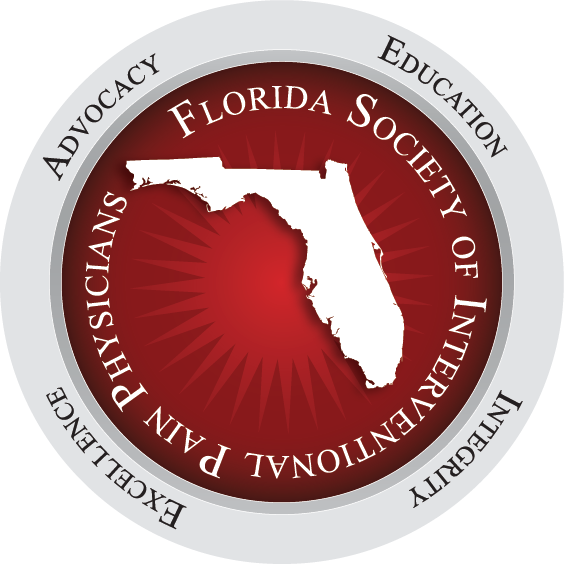CDC is reporting that influenza activity is increasing with over 97% of viruses detected being influenza A (H3N2). For the week ending February 5, clinical lab tests have been 2.0% positive for influenza and 1.7% of the visits to a health care provider were for respiratory illnesses. CDC estimates that there have been over 2 million flu illnesses with 21,000 hospitalizations and 1,200 deaths from flu. There have been 5 pediatric influenza deaths reported this season. Women who receive SARS-CoV-2 vaccinations during pregnancy pass along more durable antibodies to their newborns than do unvaccinated individuals who had COVID-19 during pregnancy, according to a research letter published February 7 in the Journal of the American Medical Association (JAMA). The small study examined 77 vaccinated pregnant women who completed their 2-dose mRNA vaccine series between weeks 20 and 32 of gestation and 12 women who had symptomatic SARS-CoV-2 infection during pregnancy. The infants of vaccinated mothers had significantly higher immunoglobulin G (IgG) antibodies in umbilical cord blood at delivery and in blood draws at 2 and 6 months postpartum than infants who received antibodies from their unvaccinated convalescent mothers. The researchers note that while the antibody titer necessary for protection against SARS-CoV-2 infection or severe disease is unknown in infants, the findings further support recommendations for pregnant individuals to be vaccinated and provide evidence that antibodies in newborns of vaccinated individuals could persist until the infant becomes eligible for vaccination at 6 months. The FDA who had been expected to approve the Pfizer-BioNTech vaccine for young children ages 6 months to under-5 later this month announced today that further testing would be required. The setback means that the necessary data to seek approval will not be available until April at the earliest.
CSSE is reporting 77,508,087 positive cases in the U.S. and 916,903 deaths. Global cumulative COVID cases are reported by the WHO at 404,910,528. If you look at the history, it seems it will be just a matter of time before everyone gets COVID.
Prices continued their upward trend in January, rising at an annual rate of 7.5%, the fastest pace in 40 years. All signs suggest that the Federal Reserve, which is in charge of keeping prices stable, will raise interest ratesat its next policy meeting in March. On Thursday, St. Louis Federal Reserve President James Bullard told Bloomberg News that he would like to see rates increase a full percentage point by July, which would be considered aggressive. Momentum in the job market, combined with soaring inflation, has pushed Fed officials to suggest they plan to raise interest rates higher and faster than officials previously anticipated. The Fed is expected to end its sprawling asset purchase program next month and to raise rates multiple times in 2022, with some analysts predicting as many as five hikes.



